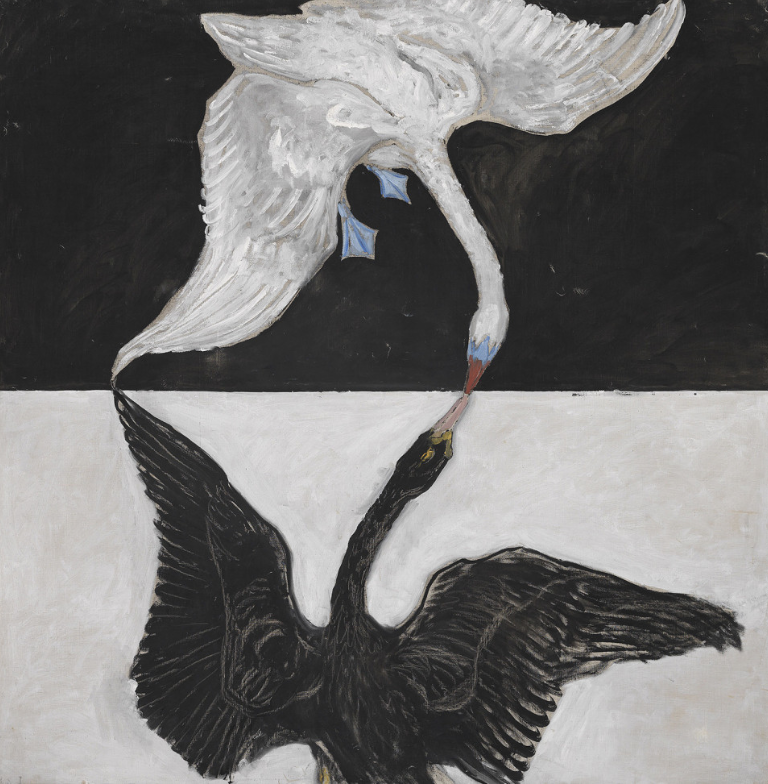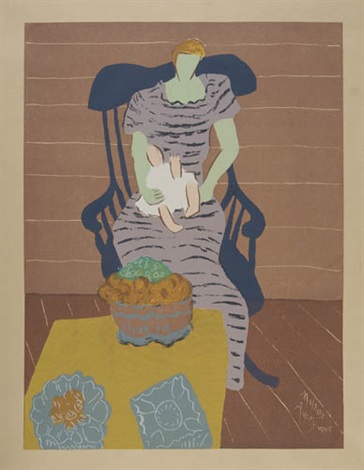 I have known K since our late 20s, but we only became solid friends in our 40s. First he had a crush on me and I found him esoteric. Then I had a crush on him and he found me extra. Only now that we’ve outgrown feeling slighted by people who don’t desire us have we become good friends.
I have known K since our late 20s, but we only became solid friends in our 40s. First he had a crush on me and I found him esoteric. Then I had a crush on him and he found me extra. Only now that we’ve outgrown feeling slighted by people who don’t desire us have we become good friends.
It’s the best.
Because we are neighbors, we often meet up for coffee, go on rambling walks, help each other out. We have seen each other through some very hard times–illnesses, deaths, breakups, poverty. Neither of us are out of the woods in that last category, and we talk about how being broke feels different as you get older. Aging is a constant undercurrent of our conversations.
Perhaps I should say overcurrent. Continue Reading →


